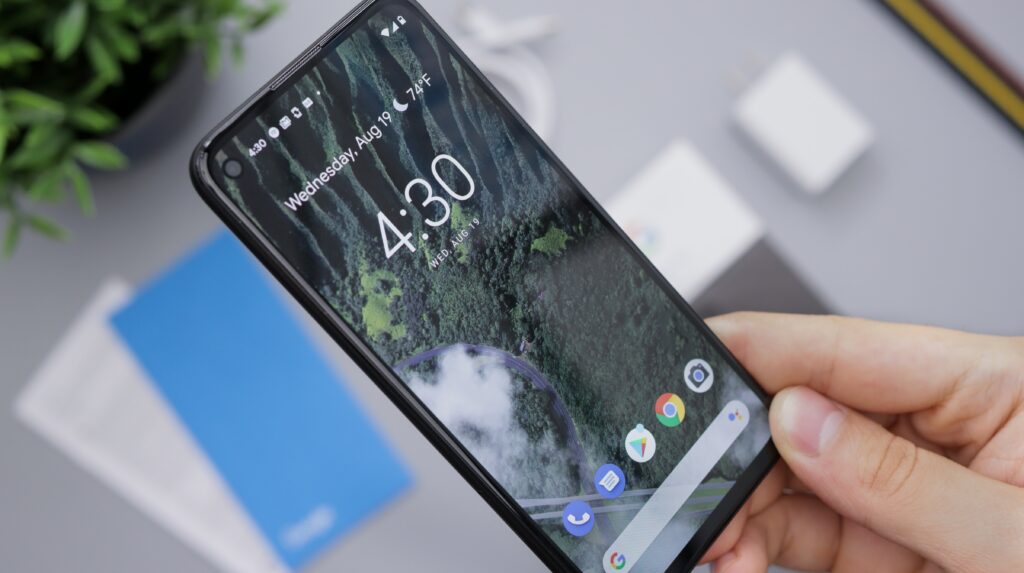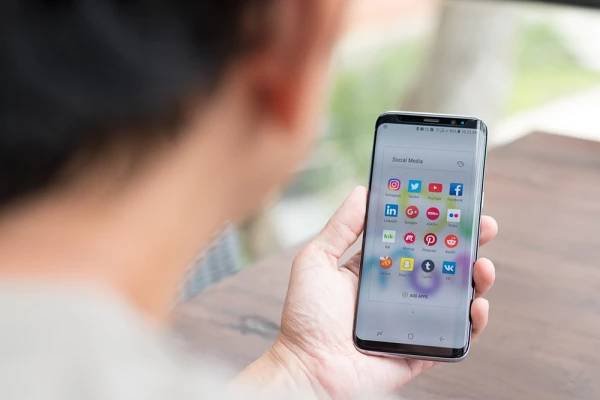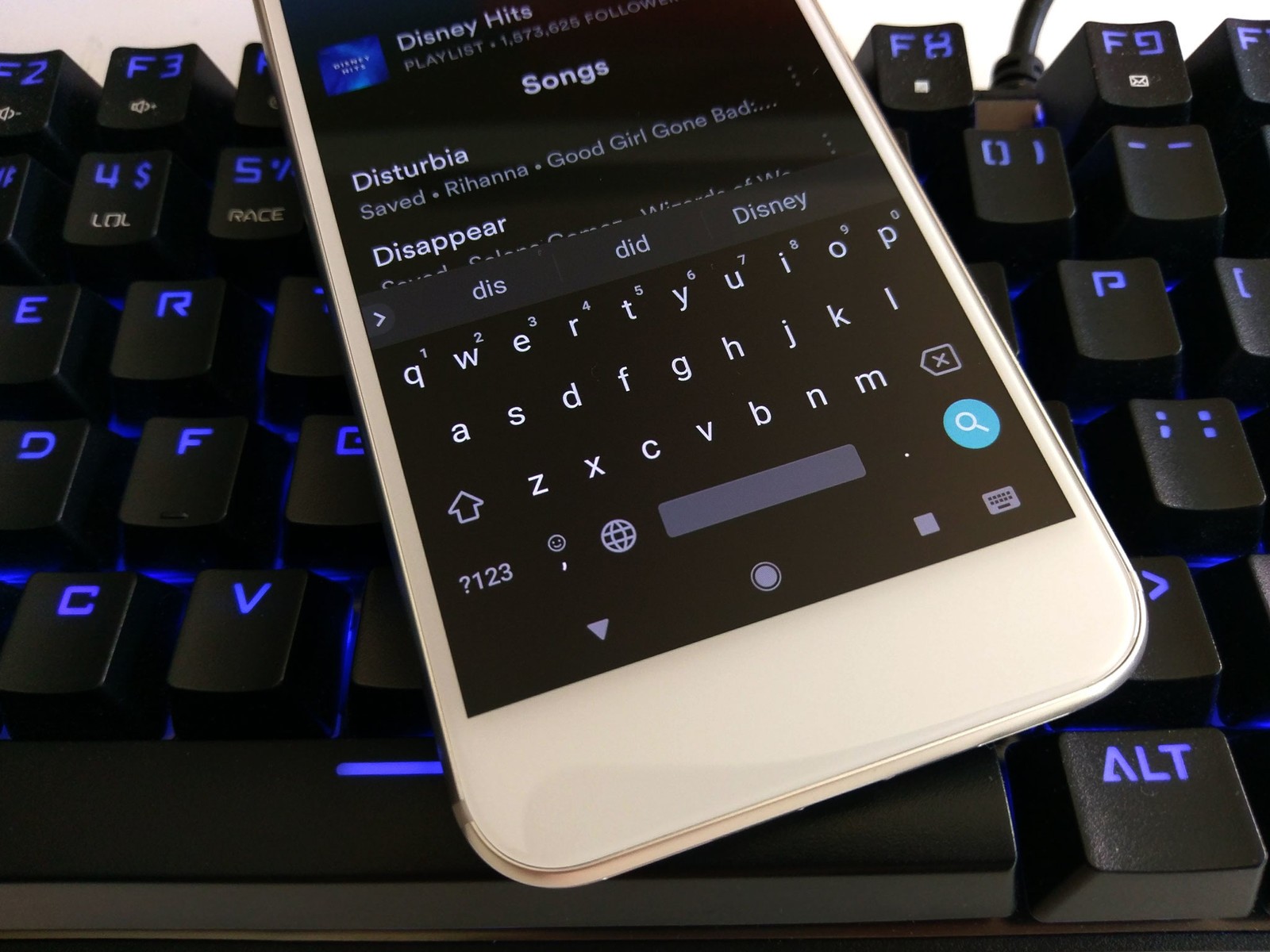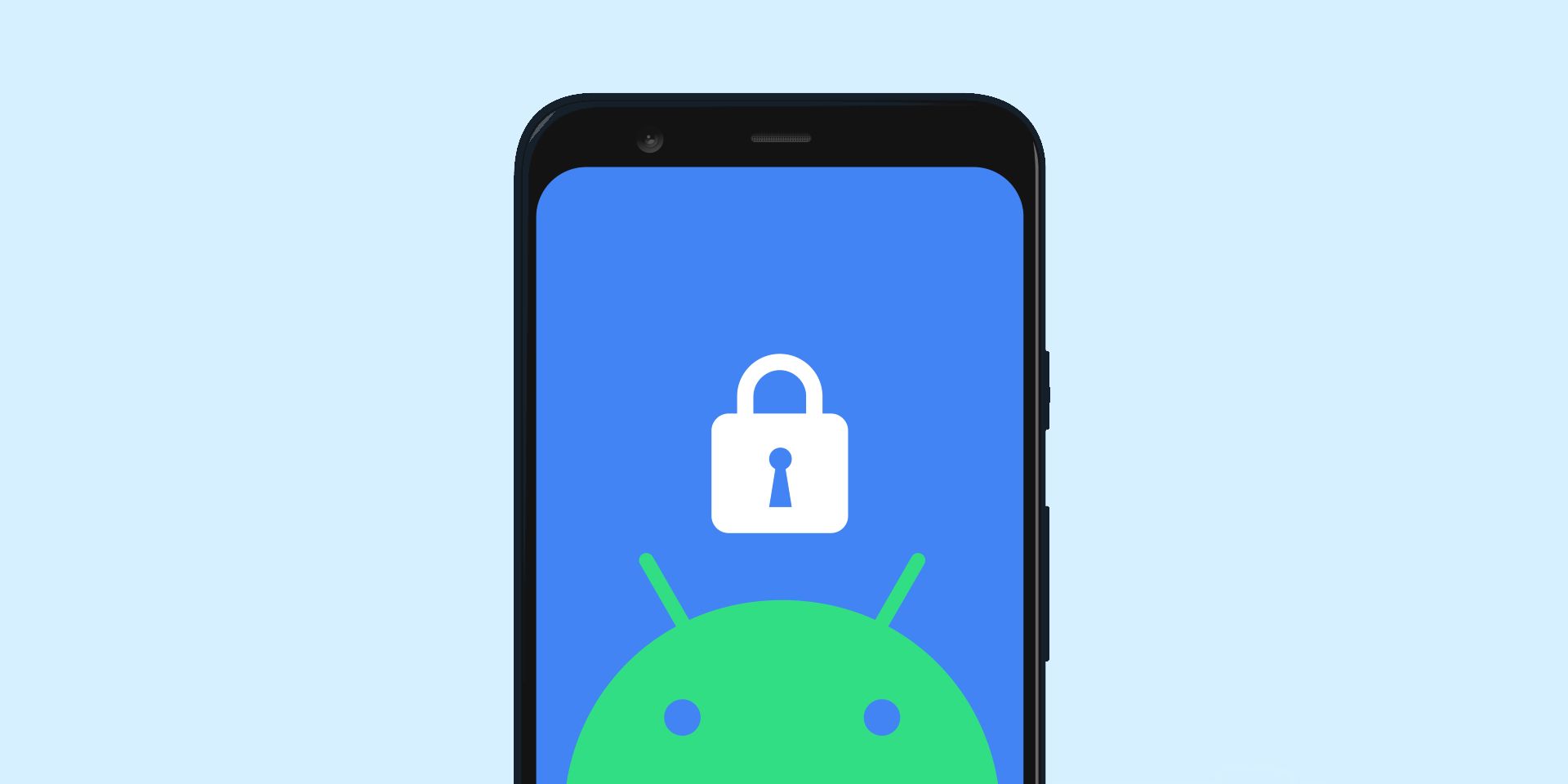Since last July, Google has been displaying a “Data Security” table for apps and games on the Play Store, which tells you what data the app collects, how it handles it, and how you can request to have it deleted. While the App Store appears as transparent as possible, Mozilla, the company behind the world-famous Firefox browser, has found that even the most downloaded apps and games on Google Play provide misleading or even false data in this table. In fact, the information in the “Data Security” section is dramatically at odds with each app’s terms of use.
Mozilla selected the top 20 most popular free and paid apps and games, and compared whether what developers say about data security is actually true. Of the 40 apps and games tested, 32 were at least slightly flawed! Six items came out of the test with a clean slate, while 16 apps largely misled users.

The TikTok app was the worst. Mozilla has convicted the developers of outright lying, because on the one hand they state that the app does not share any data with third parties, but the app’s privacy policy, which you have to agree to before using TikTok, explicitly states a lot of user data is shared with third parties and various partners. And even Google, which ironically is behind the introduction of the data security information table, didn’t come out of the test with a clean slate. Problems have been found with Gmail and Google Maps.
The problem is the lack of control
Mozilla admits that Google’s lax approach is the biggest problem. This is because it leaves it up to developers to fill in the details of data security, and there are no penalties for providing false information. Google does state in its policy that it checks and verifies this information. But, when this is not happening even with mobile giants like TikTok, Facebook, Minecraft, WhatsApp or Instagram, it is hard to believe in checks for apps that are downloaded by an order of magnitude lesser number of users.

Although Google allows you to choose from several options when creating this table, the wording is not exhaustive, so everyone can interpret it in their own way. And the information about user data security on Android is thus virtually devoid of any informational value. Ultimately, then, they may rather harm users. People think that the app doesn’t collect any data about them, but this is often in stark contrast to reality.
Until Google responds to feedback and adjusts the terms and conditions for user data handling information, definitely don’t trust the table shown for all items on Google Play.
How about the Apple Store?
A Washington Post investigation in 2021 found that Apple’s App Store had similar issues with its data privacy labels. Caltrider noted that the Biden Administration recently criticized both tech giants for their outsized control over the app industry. A report from the U.S. Commerce Department’s National Telecommunications and Information Administration published three weeks ago stated that Apple and Google’s dominance over the app market was “harmful to consumers and developers“.

Caltrider suggested Google and Apple work together with consumer privacy advocates to develop an industry standard for the privacy and data safety labels they present to consumers in their app stores. The tech giants should also help educate consumers about why their data privacy matters and how companies make money off their personal information, she explained.
We recommend taking a look at the apps you already have installed on your smartphone. Find out how the app handles your data. We recommend deleting harmful apps from your smartphone.




Add comment